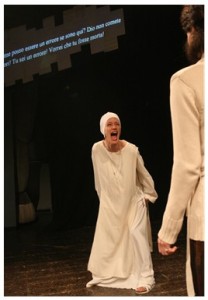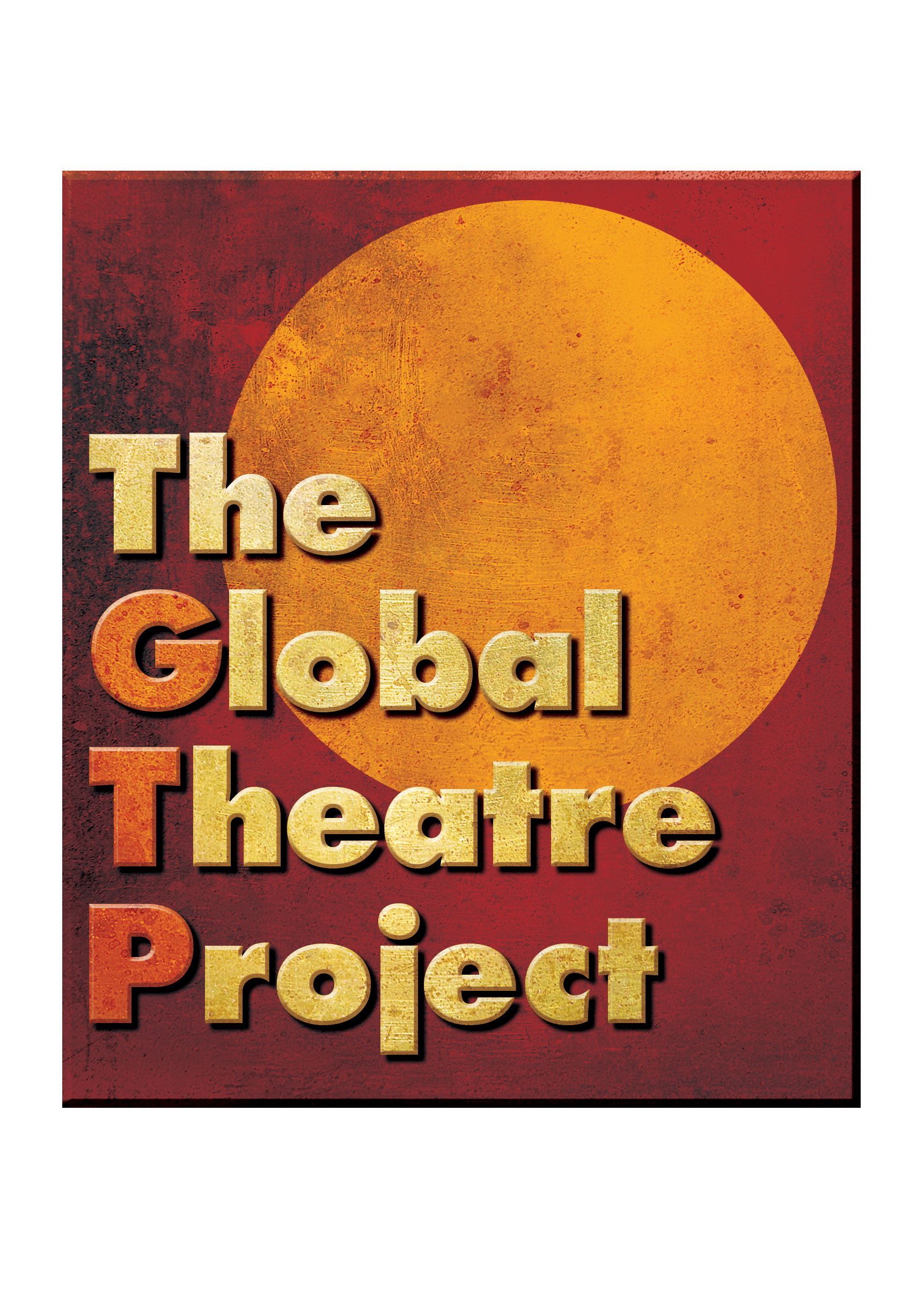Language and Story: Our Subtitle Process (Part 1)
History
 We were planning our first production in Florence when I had the opportunity to go to an ‘international’ production at Teatro della Pergola. The theatre is one of the most beautiful in Florence. An old opera house theatre where Eleonora Duse performed on the sets of Gordon Craig back in the days of innovative and experimental theatre production in the city.
We were planning our first production in Florence when I had the opportunity to go to an ‘international’ production at Teatro della Pergola. The theatre is one of the most beautiful in Florence. An old opera house theatre where Eleonora Duse performed on the sets of Gordon Craig back in the days of innovative and experimental theatre production in the city.
This ‘international’ production was made international because, although it was performed in Italian, it had subtitles in English. English being the international part of the evening’s entertainment.
Unfortunately, I sat in the orchestra. Where I had a choice. Look up about 40 feet to read the subtitles, or watch a very energized group of actors in pretty nice costuming without understanding most of what they were saying.
Although I wasn’t really able to tell what the story was about, or why people were laughing at one moment or actively alert at another, I opted to watch the production. I had books at home.
And that is when it struck me. At the time I was co-Artistic Director of Florence International Theatre Company. Although we were going to be performing most of our work in English, I had made a promise to myself. I wanted to achieve a 60% Italian audience in three years time. However, I made that decision without acknowledging the fact that even when Italians spoke English, seeing a production in another language is a daunting task to ask of audience members who, like me, want to follow the story. Sitting in the darkness of this ancient Italian theatre I felt strongly that subtitles were going to become a part of our life. But not, however, in the way they were presented at Teatro Della Pergola.
I wanted to find a way that the subtitles could be embedded into the set and become a part of the environment. Recognizing, in the most theatrical way we could, that they were a part of the experience of the theatre we were offering. In this way we were acknowledging our audience was either bilingual, or spoke one of two major languages of the city. We did not assume that everyone spoke only English or that they should only speak English. And in this way, all would feel welcomed. Which is why, I suppose, we had a 50% Italian audience average by the end of our first season.
However, the challenges of bringing subtitles from the top of the proscenium and down into the playing area never made my scenic or lighting designer entirely happy. There are challenges. Not the least of which begins with the projection of light conflicting at times with the projection of image. Or the relationship of the audience to the subtitles in a way that they could see the words and not be blocked by actor or set piece.
Our first production, ‘Agnes of God’ (pictured above) was the entryway into this work. There are issues that arise on each production, and the process keeps getting honed. I think there is still a great deal of work to be done even now as we fold this aspect into The Global Theatre Project. But I also know it is imperative.
I believe strongly in theatre that is languaged-based. I believe characters need to speak for those of us they represent, or for those of us we, as an audience, want to be taken by . . . into a journey of time and space…. and sound and imagery. In order for our work to be relevant in this global environment, we must honor and celebrate language. That is clear. And we must share our stories… particularly with those who do not speak our language…. but share our common need for expression. For listening and being heard. And that means that the subtitle process, for us, must take center stage. It is an artistic and practical question, which we are still looking to articulate powerfully.


Pingback: Tuesday Round-up: How Fascinating! » Cindy Marie Jenkins
Pingback: Language and Story: Our Subtitle Process (Part 2) | The Global Theatre Project